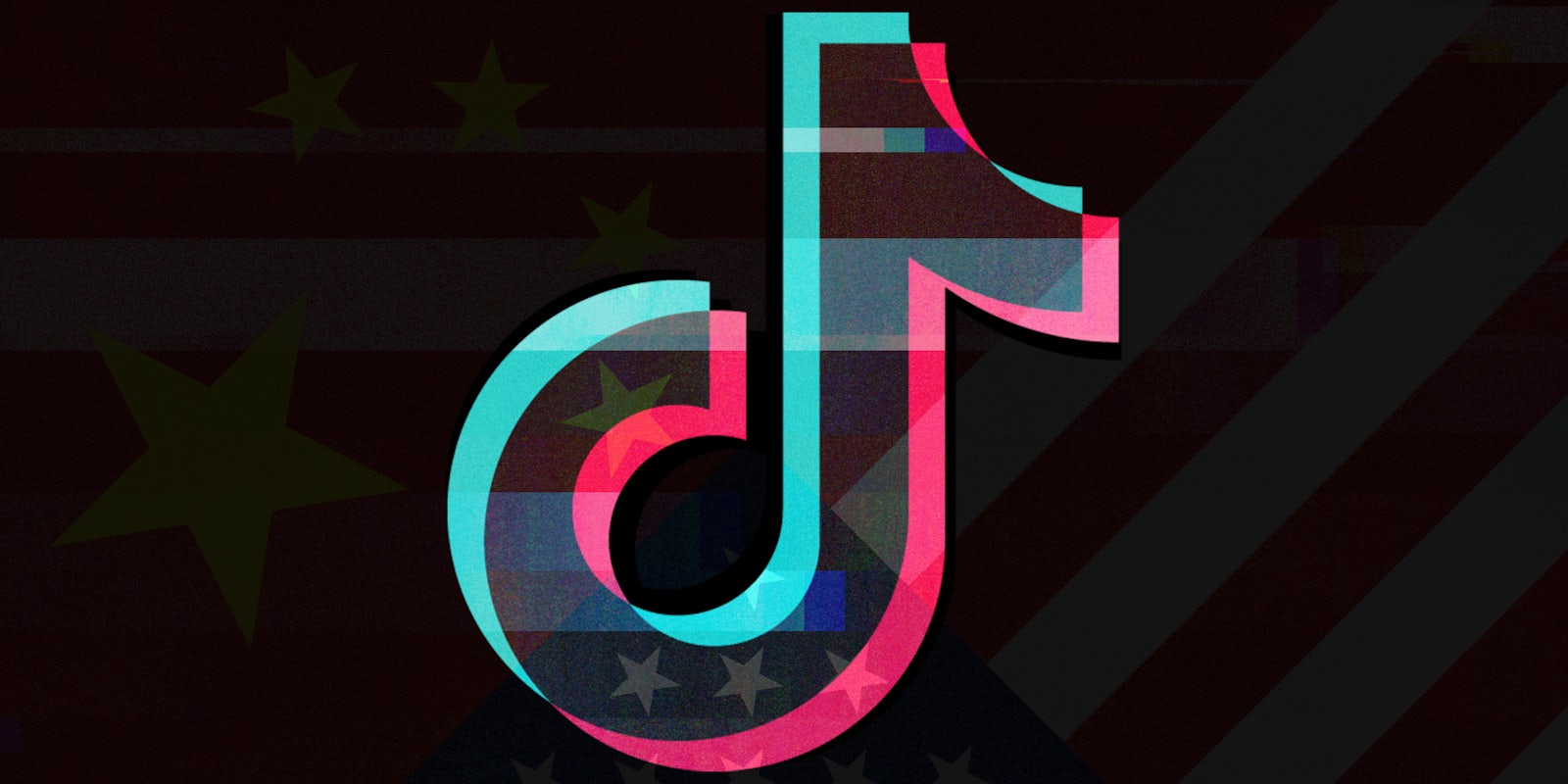It’s been a week big week for TikTok on Capitol Hill as its CEO testified before Congress and House Speaker Kevin McCarthy (R-Calif.) said he would push forward on legislation intended to ban the app.
But now, misinformation about the ban coming from Congress is swirling online, with a number of users concerned that legislation will jail people who try to circumvent it.
This month, Sen. Mark Warner (D-Va.) introduced the RESTRICT Act, an effort to give President Joe Biden more leverage to force a sale of the app to a U.S. company. The bill got the swift support of Biden, giving the general public the impression it might rapidly work its way through Congress.
A provision in the bill though is causing alarm online, with users believing the RESTRICT Act would jail Americans for up to 20 years for using a Virtual Private Network (VPN). VPNs can help mask the location of a user, and in theory, could be used to get around a TikTok ban.
Although the bill doesn’t explicitly cite VPNs, it notes anyone violating the statutes of the law would face stiff penalties and that, if made law, the government would be able to use many means of monitoring internet communications to enforce it.
An article this morning on BeinCrypto furthered the VPN claim, saying “If passed, the new legislation will grant the U.S. government sweeping powers to crack down on any technologies and services it sees as a threat. Remarkably, that includes VPN technology … The scary part is the potential punishment for violators. This includes fines of up to a million dollars or 20 years in jail, or both.”
However, the stipulation for punishments in the bill involves violations that threaten national security and try to undermine elections, not likely intended for the average user just trying to post videos. A spokesperson for Warner explicitly said that the punishments in the bill would not be used against ordinary citizens.
“Under the terms of the bill, someone must be engaged in ‘sabotage or subversion’ of American communications technology products and services, creating ‘catastrophic effects’ on U.S. critical infrastructure, or ‘interfering in, or altering the result’ of a federal election, in order to be eligible for any kind of criminal penalty … To be extremely clear, this legislation is aimed squarely at companies like Kaspersky, Huawei, and TikTok that create systemic risks to the United States’ national security—not at individual users,” a spokesperson for Warner told the Daily Dot.
Meanwhile, as the mood in Congress seems to move unanimously toward a ban, Rep. Alexandria Ocasio-Cortez (D-N.Y.) joined the app and released a video calling a TikTok ban “unprecedented,” saying she does not support it.
In the video, Ocasio-Cortez pointed the focus back at social media companies in general, and how the U.S. does not have nationwide data and privacy protections. Congress, she said, needs to “protect Americans from this kind of egregious data harvesting”
Somehow, though, Ocasio-Cortez got mixed with misinformation about the RESTRICT Act, fooling some crypto bros into believing she worked to stop the looming bill.
“AOC one of 7 no votes on the RESTRICT Act (S. 686) is her most based and important vote yet. $250,000 fine for using a VPN to access content. 400+ of your Reps voted for it,” wrote one.
The RESTRICT Act has been proposed but not voted on. And Ocasio-Cortez is in the House of Representatives. The bill was introduced in the Senate.
“Never thought I’d agree with AOC on anything in my lifetime, but here we are. The RESTRICT act aims to eradicate any semblance of digital privacy, the societal implications of which are enormous,” wrote another.
Regardless of whether Ocasio-Cortez actually voted against the RESTRICT Act, her opposition to a TikTok ban makes her one of a small few in Congress who have spoken out to support the act.
The RESTRICT Act, despite its hype when it was released, has not progressed out of either the House or Senate.



